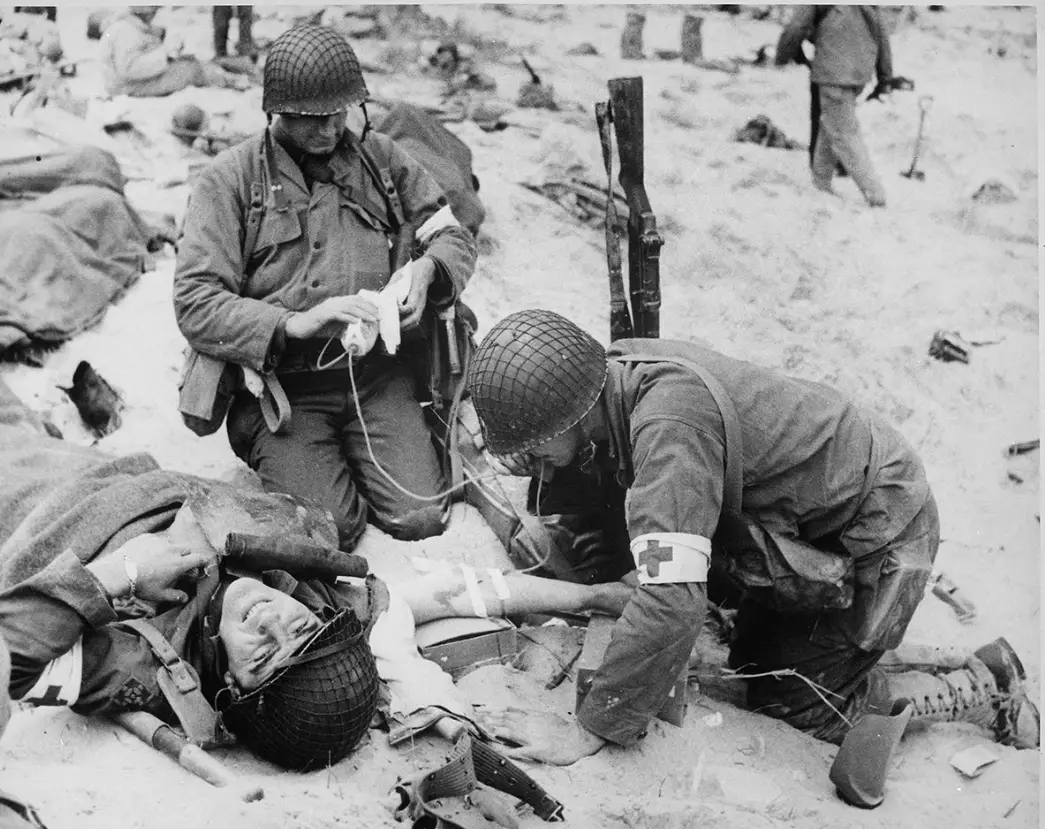The Military Health System faces significant challenges from large-scale combat operations and multidomain operations against peer adversaries. These challenges include high volumes of critically ill and injured casualties, prolonged care in austere environments, limited movement, contested logistics, and denied communications, leading to higher casualty mortality and potential hindrance to battlefield operations. To address these issues, novel technical solutions and operational concepts are necessary to enhance casualty care, maximize Warfighter readiness, minimize return-to-duty time, optimize medical evacuation, and reduce resource consumption.
One promising solution — the focus of research conducted by numerous contributors in a recent study— is the development of casualty digital twins (CDTs), which are virtual representations of a casualty’s journey through care. By combining CDTs with passive data collection on casualty status, caregiver actions, and real-time resource use, human-machine teaming and automation of casualty care can be achieved. This approach aims to improve decision-making and outcomes while reducing the burden on limited medical personnel.
The creation of CDTs involves mapping and modeling the context of casualty care through passive data collection, which informs machine learning models. These context-aware models, paired with patient physiology models, can predict casualty needs and resource requirements, ultimately aiding decision-making across the care continuum.
The revolution of the automotive sector in the development of the CDT in military trauma care is on the cusp of really starting to improve the outcomes of casualties and the performance of the system. All these elements, brought together with AI-driven automation, will merge into a revolution of casualty care, resource optimization, and trauma system efficiency for better outcomes.
Featured image: Medics helping injured soldier in France, 1944. Local Identifier: 208-YE-22, National Archives Identifier: 535973. Credit: National Archives Catalog

